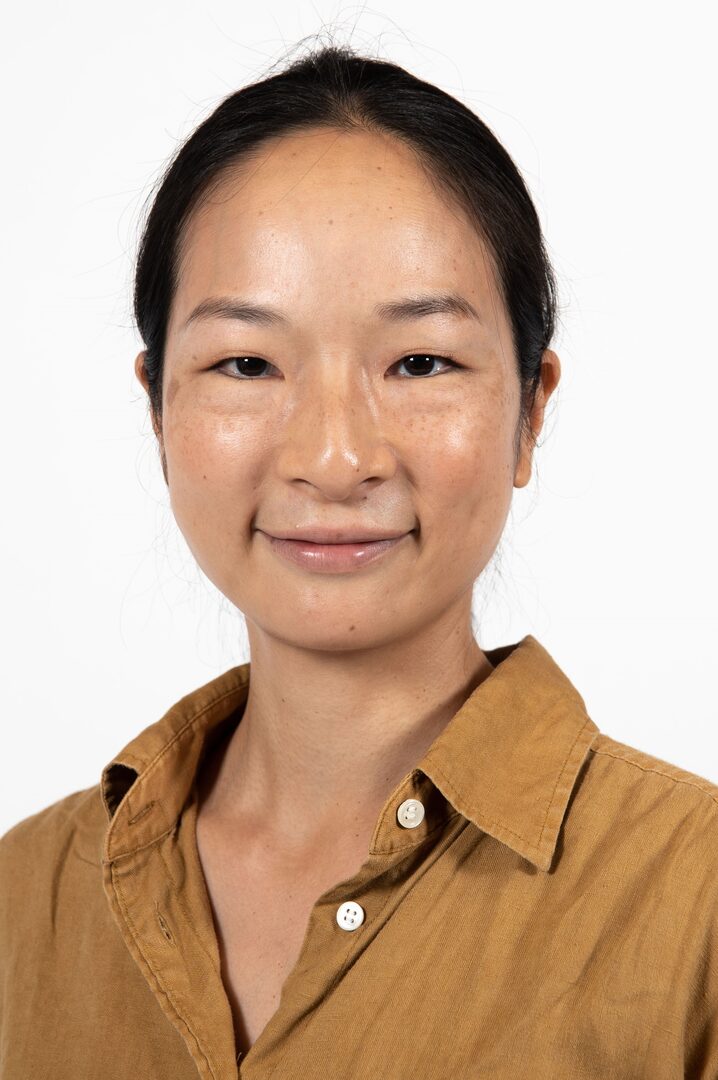Midori Ohta

Profile
Since Midori studied starfish oocytes as an undergraduate at Ochanomizu University, her passion has been cell organelles, centrosomes and spindle pole bodies, that organize the microtubule network during cell division and development. Midori earned her Ph.D. at the University of Tokyo, where she studied the mechanisms of spindle pole body remodeling during meiotic differentiation. After her first postdoctoral work on centrosome duplication at the National Institute of Genetics in Mishima, she moved to the United States and conducted her second postdoctoral work on centrosome maturation and its role in spindle assembly at the University of California, San Diego. Since August 2022, she has been running her research team at the Okinawa Institute of Science and Technology, where she is a Science and Technology Associate/Research Scientist. During her career, Midori has been working on various model systems including starfish, yeast, nematodes, and human cell culture to dissect fundamental mechanisms that control centrosomes whose abnormalities lead to cancer and developmental diseases.
Professional Experience
- Research Scientist, OIST, Okinawa, Japan, since 2022
- Postdoctoral fellow, Ludwig Institute for Cancer Research, San Diego, United States, 2016-2022
- Postdoctoral fellow, National Institute of Genetics, Mishima, Japan, 2012-2016
Awards
- JSPS, Postdoctoral Fellowship for Research Abroad, 2017-2019
- Japan Society for Cell Biology, Young Scientist Award, 2015
- JSPS, Postdoctoral Fellowship, 2014-2017
Select Publications
- Meitinger F*, Kong D*, Ohta M*, Desai A, Oegema K, Loncarek J. (*Contributed equally). TRIM37 prevents formation of condensate-organized ectopic spindle poles to ensure mitotic fidelity. J Cell Biol. 2021 Jul 5;220(7):e202010180. doi: 10.1083/jcb.202010180. 2021 May 13.
- Ohta M#, Zhao Z, Wu D, Wang S, Harrison JL, Gómez-Cavazos JS, Desai A, Oegema KF#. (#Coresponding author). Polo-like kinase 1 independently controls microtubule-nucleating capacity and size of the centrosome. J Cell Biol. 2021Feb 1;220(2):e202009083. doi: 10.1083/jcb.202009083.
- Meitinger F, Ohta M, Lee KY, Watanabe S, Davis RL, Anzola JV, Kabeche R, Jenkins J, Shiau AK, Desai A, Oegema K. The ubiquitin ligase TRIM37 controls cancer-specific vulnerability to PLK4 inhibition. Nature 2020 Sep 585:440-446.
- Ohta M, Watanabe K, Ashikawa T, Nozaki Y, Yoshiba S, Kimura A, Kitagawa D. Bimodal Binding of STIL to Plk4 Controls Proper Centriole Copy Number, Cell Report 2018 Jun 12;23(11):3160-3169.e4.
- Ohta M, Ashikawa T, Nozaki Y, Kozuka-Hata H, Goto H, Inagaki M, Oyama M, Kitagawa D, Direct interaction of Plk4 with STIL ensures formation of a single procentriole per parental centriole. Nature Comm., 2014 Oct 24;5:5267.



